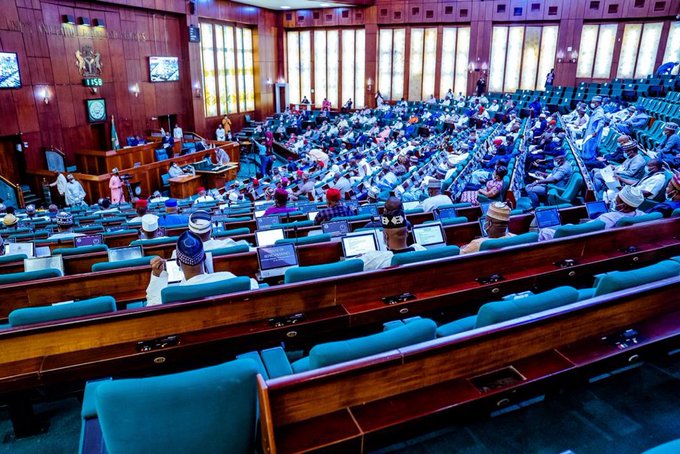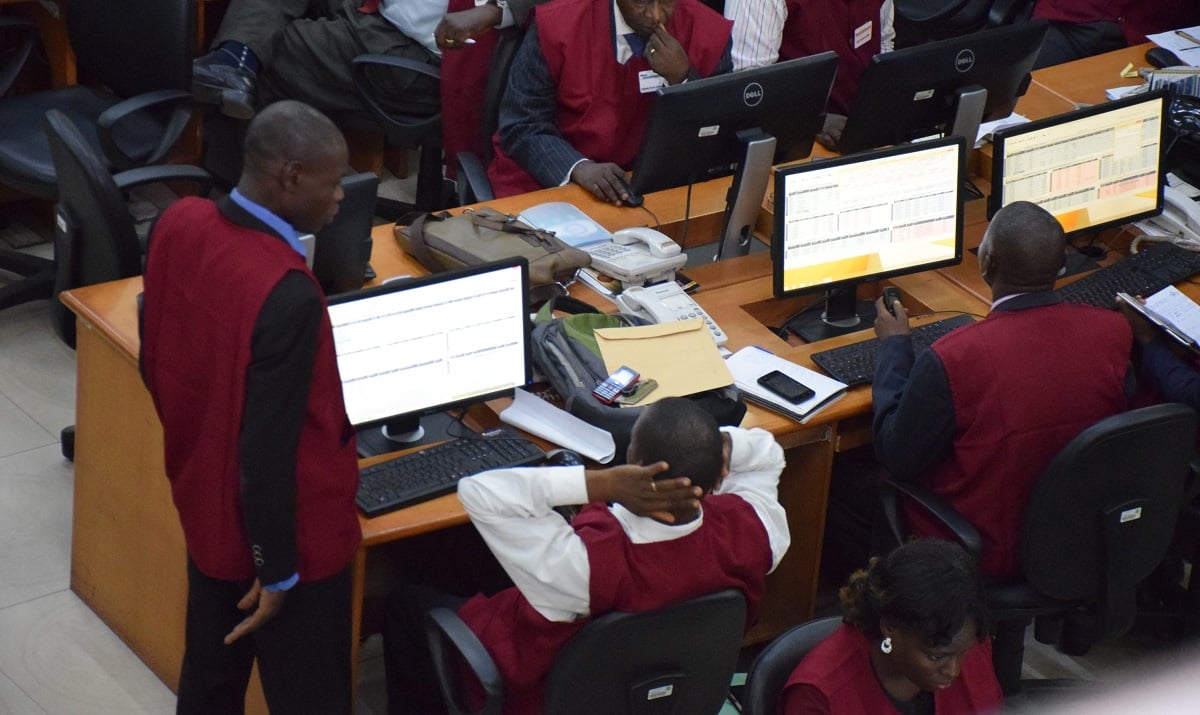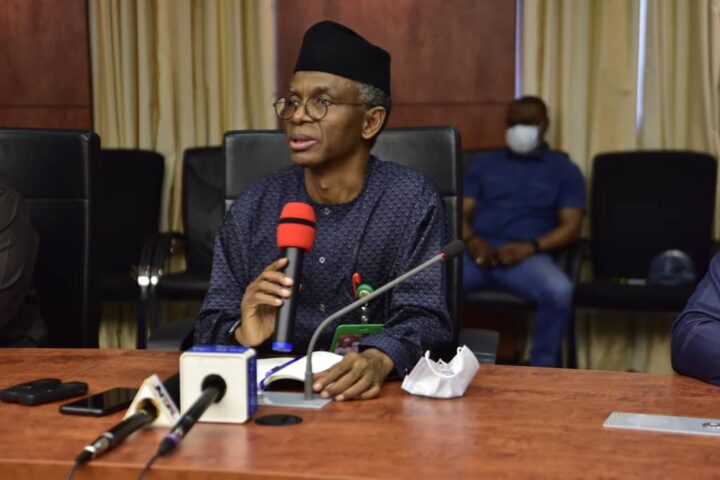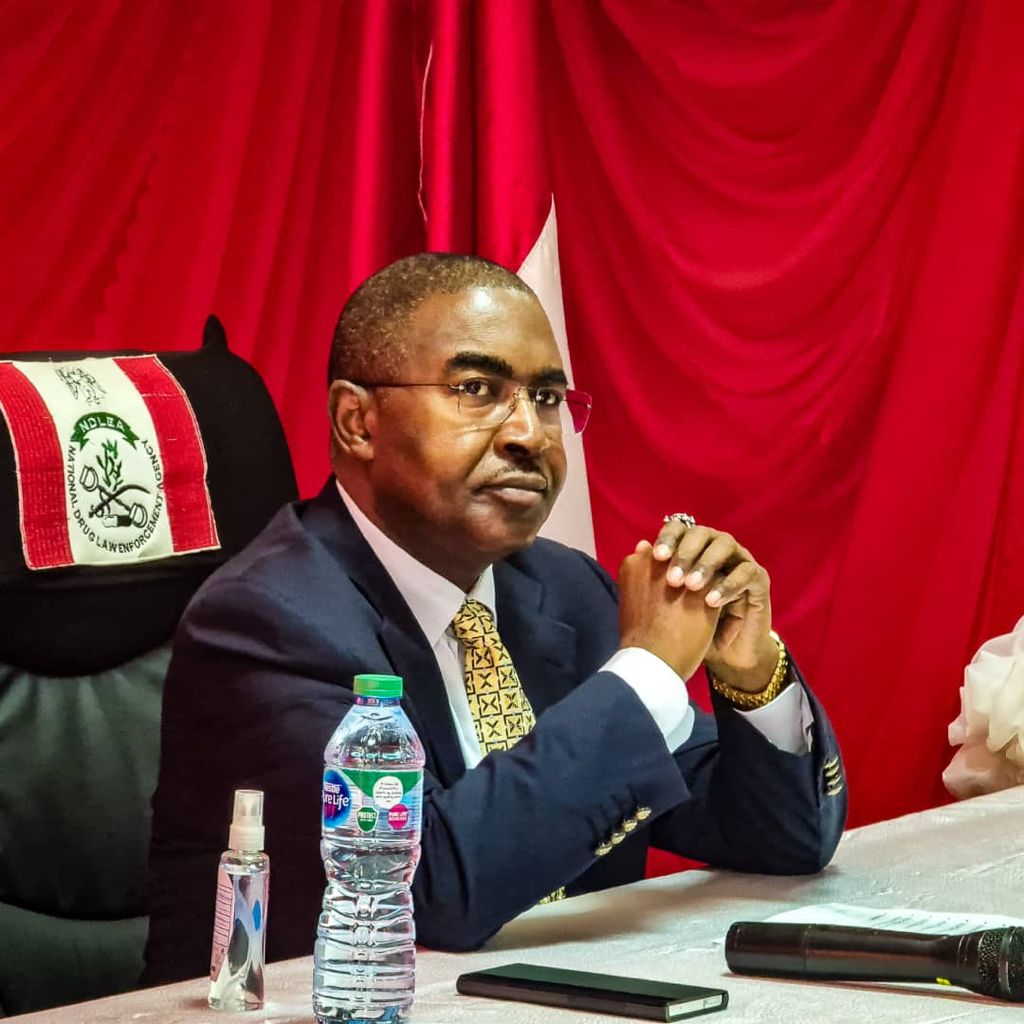BY MOHAMMED DAHIRU LAWAL
Everyone is entitled to an opinion, but the application of professional discretion, rational thinking, reasonable deductions and logical recommendations is what separates the quality and value of an expert perspective from what could be derived from motor-park gossip, especially in the pen profession by Okoh Aihe in his piece title “NITDA Bill deserves a place in the trash”.
Earlier this year, in March 2021, the director-general of the National Information Technology Development Agency (NITDA), Kashifu Inuwa Abdullahi, proposed the realignment of the Agency’s Act with “tenets and ideals of the fourth Industrial Revolution” and Nigeria’s Digital Economy Policy.
What followed the proposal on 30th August 2021 was an official announcement by NITDA’s Head of Corporate Affairs and External Relation, Hadiza Umar, calling on all stakeholders in the IT sector to participate in its 2007 Act re- enactment.
Advertisement
She said the re-enactment had become necessary because the National Digital Economy Policy and Strategy (NDEPS) replaced the Nigerian National IT Policy of 2000 that instituted the agency and its activities.
Sadly, what is a clear cut inclusive agenda put forth by an agency mandated by law to superintend over the Nations Digital and Technological evolution and advancement has been warped in a theatre of conspiracy theories championed by accomplished and well-respected communications experts who should know better.
One can therefore imagine what the piece by Okoh Aihe with his outright condemnation of a proposed bill that is yet to be deliberated upon by concerned stakeholders and put on the table of the National Assembly, is trying to achieve. More embarrassing is the fact that the entire piece of Aihe looks like a weaving of parables and fallacious concoctions meant to create a frame in the mind of unsuspecting readers. In other words, his argument was advanced on a template that is completely untrue by claiming that the bill was put forth by NITDA at the detriment of stakeholders most of whom have condemned it.
Advertisement
With due respect to a very senior colleague who may have even been a boss or mentor should our paths have crossed outside the virtual world, the entire submission – a hurriedly put up intro, a faulty premise and an irrational conclusion doesn’t pass off the reality, insight and vision of the proposed bill.
First off, the agency had in its official statement emphasised that the bill was undergoing the necessary review procedure such as engaging stakeholders before its anticipated adoption by the National Assembly and eventual assent by the President.
“This current reality has necessitated the reimagination for the establishment of NITDA. It is a known fact that digital technologies have created new forms of economic activities that have been beneficial to the global economy,” Hadiza had said.
From the foregoing it can be deduced that the bill is a work in progress and probably still at the draft stage since it is engaging necessary stakeholders, so, demanding that its entire workings be trashed without giving the stakeholder a chance to make their own contributions, is not only insensitive but portrays that there are some people in some quarters trying to achieve something sinister and the best bet is driving the media war by this writer who surprisingly was Head of Public Relations at the National Communications Commission (NCC).
Advertisement
World over, it is a known fact that drafts are what they are, DRAFTS, a preliminary version of a piece of writing in order to expand upon, clarify, and modify initial plans and ideas and in the eyes of the law, it is the most important instrument in legal communication.
So, rushing to attack an initiative that is at the preliminary stage and has shown all evidence of going along with the due process, exposes the fact that some vested interests are jumping the gun, a move that smacks of a lack of good sense of judgement and patriotism.
The end product of the bill will eventually be passed to the National Assembly for consideration after inputs from IT sector stakeholders and the general public as it is not a NITDA monopolised bill as the writer portrays and wants Nigerians to think!
In the piece, Aihe tried to create a non-existent enmity between NIITDA and other agencies and their heads under the ministry of communications and digital economy ministry when in fact the Executive Vice Chairman/CEO of the NCC, Professor Umar Garba Dambatta and his colleagues are correlating very well. The whole world witnessed when both men along with their colleagues led by the minister of communications and digital economy, Dr. Isa Ali Ibrahim Pantami converged at the Abuja head office of PRNigeria to launch a book on digital technology.
Advertisement
In fact, Pantami had recognized Dambatta to speak on behalf of all heads of agencies present at the book presentation and the synergy amongst all men were devoid of friction, so why would Sir Aihe offer himself as an agent of bad blood creation between people who have a good understanding among themselves?.
By the way, I had expected and would have personally loved to see the writer exercise some discretions at writing a sensitive article of such nature, considering his position at the NCC.
Advertisement
Even if we rely on the leaked amended bill for reference, Mr. Okoh has failed to point out that section 1 was very categorical about the purpose of the draft which states that was to “create an effective, impartial, and independent regulatory framework for the development of the Nigerian information technology sector and digital economy, which shall include: (1) promote and implement policies and strategies on national information technology and digital economy, as created by the Government; (2) promote and support initiatives that provide access to digital services in an efficient, inclusive, secure, and affordable manner; (3) encourage local and foreign investments in information technology and digital economy through regulatory interventions; (4) promote the deployment and use of indigenously produced goods, services and platforms for the development of the digital economy;
The objective of the proposed bill continues thus: “(5) promote the use of innovative digital services, systems, practices and emerging technology in Nigeria; (6) promote indigenous research and development in information technology and digital economy; (7) protect the rights and interest of all consumers, investors in the Nigerian information technology and digital economy; (8) ensure digital inclusion for persons with special needs, minors and vulnerable persons; and (9) promote and safeguard national interests, safety and security of citizens and foreigners in the use of information technology and digital services.”
Advertisement
Of the about 33 sections in the draft amendment, he chooses to dwell only on Section five, probably for mischief which served as a convenient wrapper to advance his agenda of folly.
Obviously, taking control of one’s own responsibilities, the writer failed to differentiate between fines and fees. A fine serves as deterrence to violations while a fee has always been a revenue model of its own right. What should probably be the issue is the limit, which I am certain stakeholders will iron out amongst themselves.
Advertisement
Mr, Aihe had gone further to try to discredit the bill in order to achieve his agenda of killing it before arrival by name dropping some few IT sector stakeholders that have reportedly raised concern about the bill. We have seen a similar pattern manifest when Sahara Reporters published a piece claiming that the American Business Council – an American chamber representing the interest of US Companies and working in partnership with local businesses – had condemned the bill when in fact, on the 23rd of August 2021, they had written to deny the false media report and praised the bill.
In fact, the American Business Council published a public retraction of the claim on page 21 of the Guardian of Friday, September 3rd, 2021, sooner or later, other fallacies will surely be exposed.
Meanwhile, Nigerians must understand there is a need for unreserved support in achieving the National Digital Economy Policy and Strategy (NDEPS) especially in boosting the morale of concerned MDAs towards harmony and inter-agency collaboration. Dr. Pantami is no doubt performing wonders in this regard and professor Dambatta is a highly respected achiever who is also supporting his other brother and Colleague, Kashifu Inuwa, the NITDA boss. They should not allow people to come in between them.
It is an open secret that many stakeholders agree that the bill, which established NITDA as the agency to oversee Nigeria’s technological transformation, is quite outdated. This past decade, Nigeria has arguably become Africa’s most attractive destination for venture capital. It is also home to Flutterwave and Jumia and a billion-dollar fintech company Interswitch, so if NITDA is coming up with a bill to engage stakeholders for mutually acceptable copy, then what’s Okoh’s fuss?
Lawal, a development journalist, is coordinator Network of Advocates for Digital Reporting (NADIR) and he writes from Kano. Email: [email protected]
Views expressed by contributors are strictly personal and not of TheCable.
Add a comment






